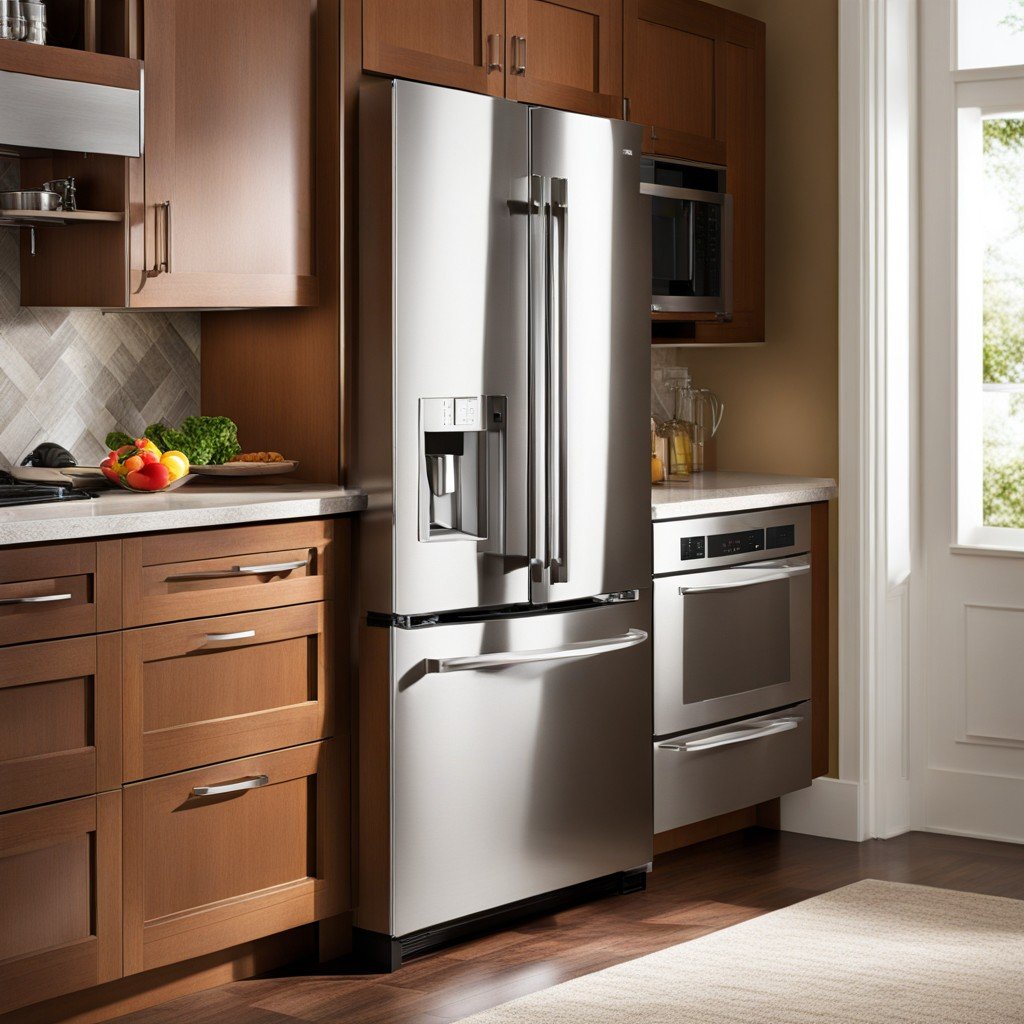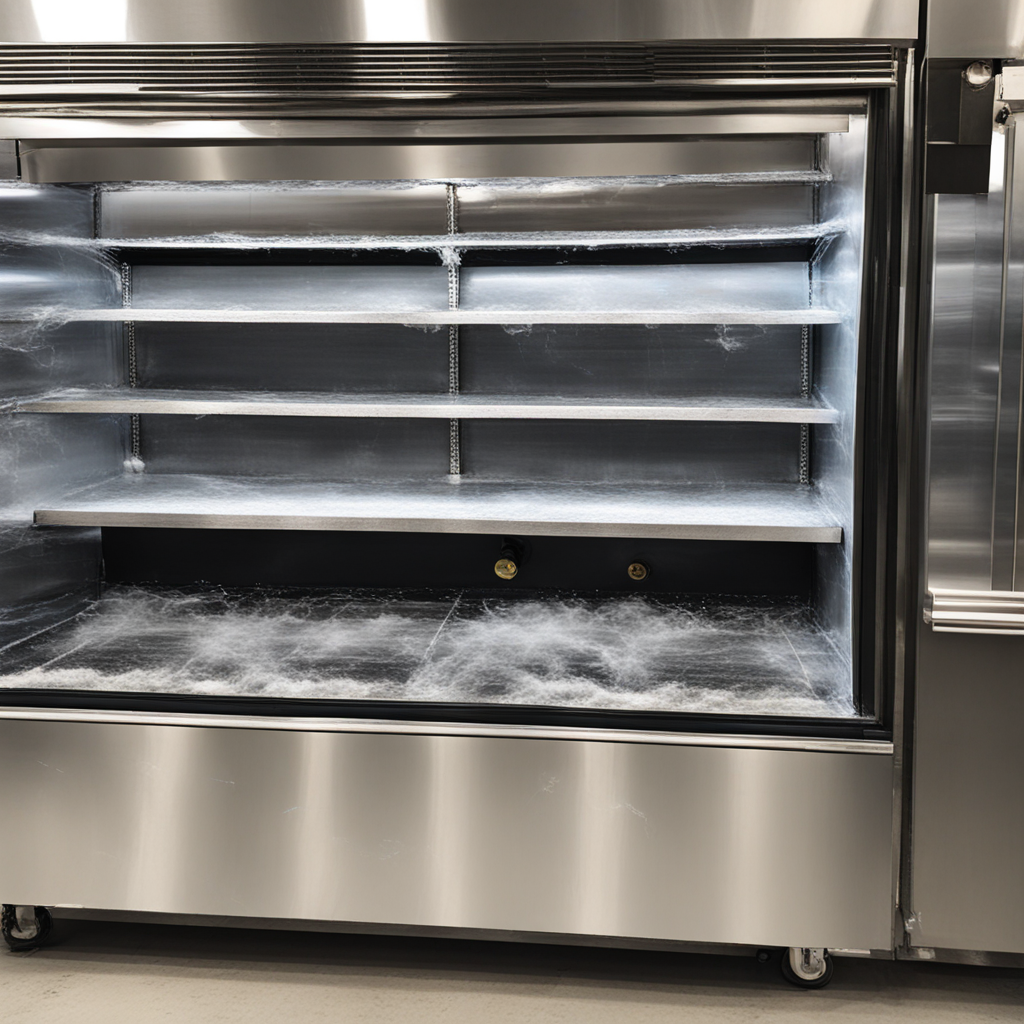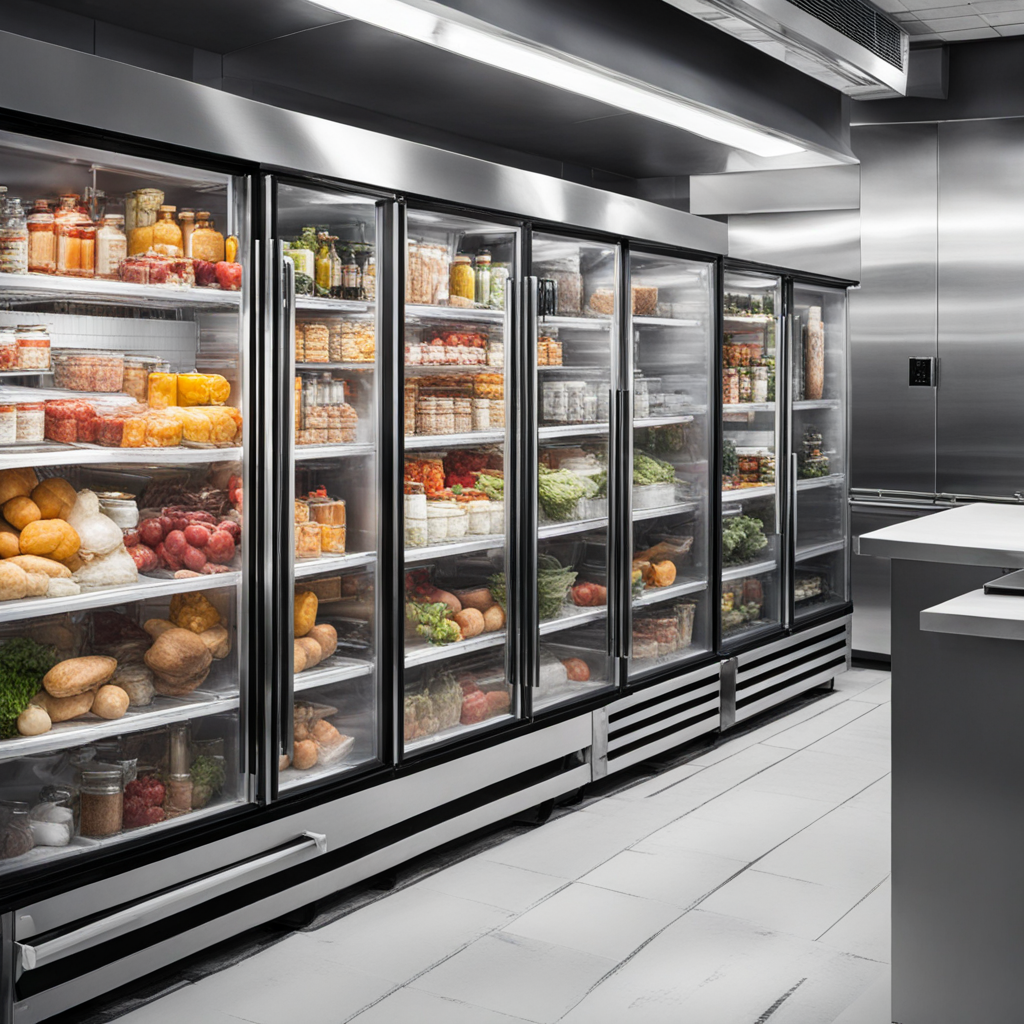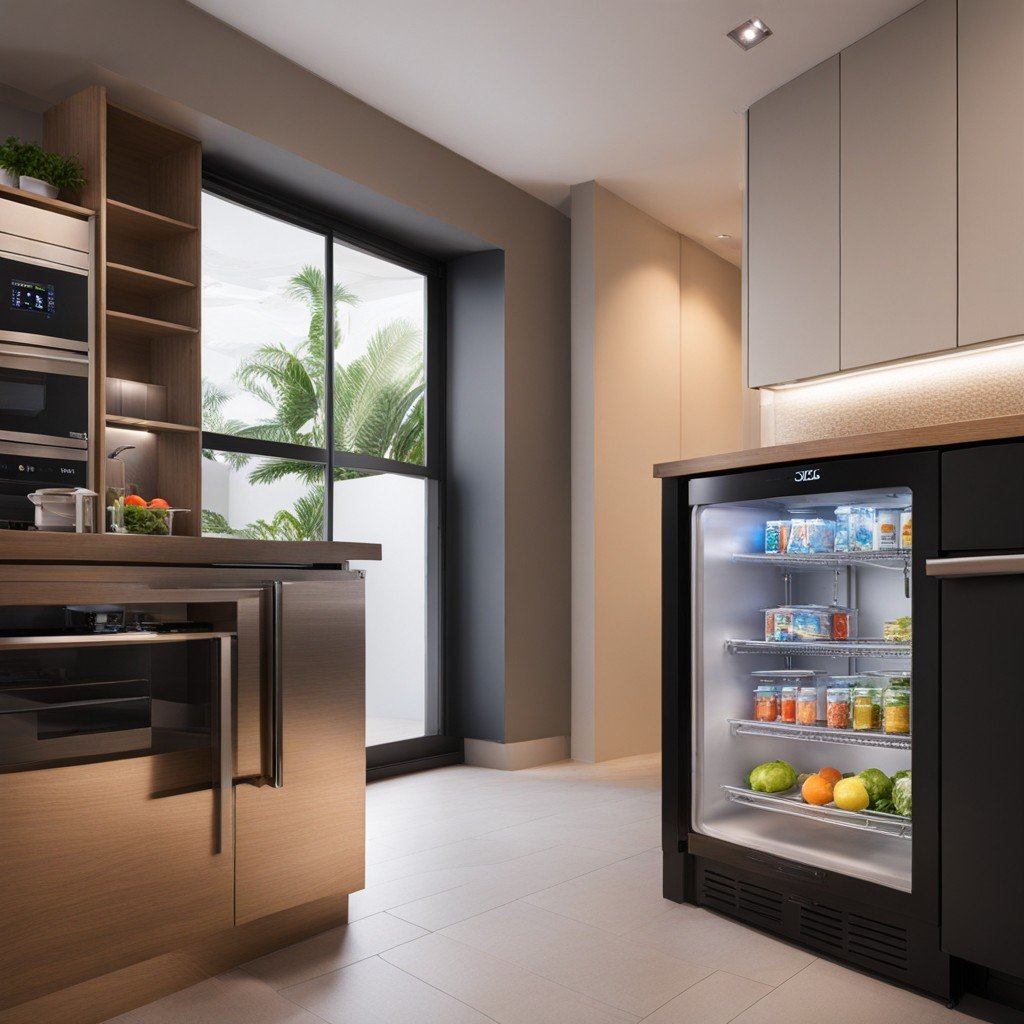-
Table of Contents
- How Long Does It Take A Refrigerator To Get Cold?
- Understanding the Cooling Process
- Time Frame for a Refrigerator to Get Cold
- Troubleshooting: When Your Refrigerator Isn’t Getting Cold
- When to Call the Authorized Service
- Replacement Parts for “How Long Does It Take A Refrigerator To Get Cold”
- Conclusion
How Long Does It Take A Refrigerator To Get Cold?
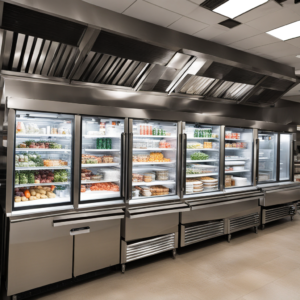
When you purchase a new refrigerator or if your old one has been turned off for a while, you might wonder, “how long does it take a refrigerator to get cold?” This is a common question among homeowners, especially those living in America where refrigertors are frequently used and highly valued. This article will provide a comprehensive answer to this question, along with some troubleshooting tips and advice on when to call the authorized service.
Understanding the Cooling Process
The cooling process of a refrigerator is a complx one, involving several components working together to remove heat from the interior and keep your food fresh. The compressor, condenser, evapoator, and refrigerant are all crucial parts of this process. When you first plug in your refrigerator, these components start working to cool down the interior. But how long does it take for a refrigerator to get cold?
Time Frame for a Refrigerator to Get Cold
On average, a refrigerator takes about 3 to 24 hours to reach its optimal temperature, which is usually between 37 and 41 degrees Fahrenheit. however, this time frame can vary depending on several factors:
- Size of the refrigerator: Larger refrigerators may take longer to cool down than smaller ones.
- Room temperature: If the room temperature is high, it may take longer for the refrigerator to get cold.
- Amount of food: A refrigerator filled with food and beverages will take longer to cool down than an empty one.
- Type of refrigerator: different types of refrigerators, such as side-by-side or top-freezer models, may have different cooling times.
Troubleshooting: When Your Refrigerator Isn’t Getting Cold
If your refrigerator isn’t getting cold within the expected time frame, there could be several reasons for this. here are some common issues and their solutions:
- Problem with the thermostat: If the thermostat is set too high, the refrigerator may not get cold enough. Try adjusting the thermostat to a lower setting.
- Blocked vents: If the vents inside the refrigerator are blocked by food or ice, this can prevent cold air from circulating. Make sure the vents are clear.
- Dirty condenser coils: If the condenser coils are dirty, they may not be able to dissipate heat effectively, causing the refrigerator to run constantly without getting cold. Clean the coils regularly to ensure optimal performance.
When to Call the Authorized Service
If you’ve tried the above troubleshooting steps and your refrigerator still isn’t getting cold, it’s time to call the authorized service. There are service centers in many provinces of America, and you can find the nearest one by calling the call center specified on the company’s official website. The professionals there can diagnose and fix the problem, ensuring that your refrigerator gets cold as it should.
Replacement Parts for “How Long Does It Take A Refrigerator To Get Cold”
If a component of your refrigerator is faulty, it may need to be replaced. Common replacement parts include the thermostat, compressor, condenser, and evaporator. Always ensure that you purchase genuine parts from authorized dealers to maintain the efficiency and longevity of your refrigerator.
Conclusion
Understanding how long it takes a refrigerator to get cold is crucial for maintaining the freshness of your food and beverages. While the average time is between 3 to 24 hours, several factors can affect this, including the size of the refrigerator, room temperature, amount of food, and type of refrigerator. If your refrigerator isn’t getting cold within this time frame, try troubleshooting or call the authorized service for assistance.
Note: The information provided in this article is collected from the internet and may contain inaccuracies. For the most accurate and up-to-date information, please visit the official website of the company. The site owner is not responsible for any incorrect information or application.


